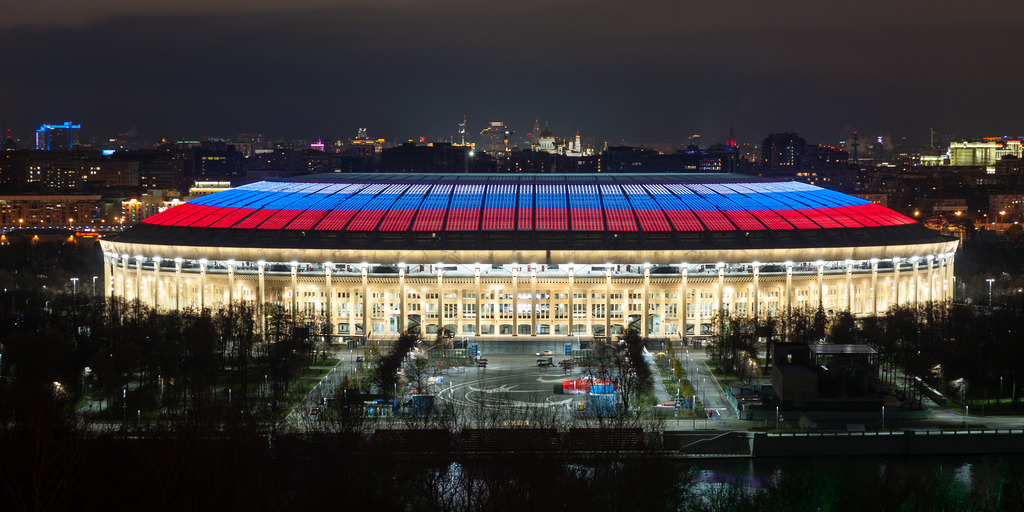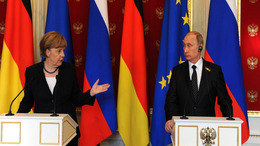Alongside the narrative of Russia "rising from her knees" go more conventional benefits of hosting an SME. SMEs increase a country's "soft power" in several ways, including the opportunity to overturn previous negative stereotypes and advertise the country as a tourist destination. Germany used the opportunity of the 2006 World Cup particularly well, with German citizens and visitors alike developing a new relation to the black-red-gold colors of the German flag, and people still cherish vivid memories of the "German summer fairy tale."
Along with generating international "soft power," SMEs also increase the attractiveness of a country domestically. In Russia, SMEs harness the diffuse support of the population to demonstrate, in Putin's words about Sochi, "the power and might of our country, our desire to win" (quoted by a Russian observer in 2014). Accruing external soft power benefits did indeed initially appear to be the aspiration of the Russian government in holding the Sochi Winter Olympics – Putin and Lavrov openly discussed the idea of turning Sochi into an international sporting venue for wealthy Russians and visitors from Europe –, but such benefits were undermined by events in Ukraine. Still, internal soft power benefits remain, and there is every reason to think the coming festival of football will have similar effects.
Which leads to the third way in which the hosting of such sporting events can boost the self-image of the nation: by associating the country's leaders with strength and projecting a healthful image to the population. President Putin is indeed portrayed as a man of action associated with sporting images, making much of his judo prowess, love of horseback riding, swimming ability, and ice hockey skills – to name but a few. In this, Putin resembles no other leader so much as Mussolini, who was often photographed shirtless performing manly activities, and who understood the power of sport in connecting with the masses. Mussolini was in power when Italy hosted the 1934 World Cup and took personal responsibility for a pep talk the night before the final against Czechoslovakia in Rome. When Italy won the World Cup, it naturally reflected well on him. Association with sport increases the cult of personality around Putin, the personification of the virile Russian man, an emblem of the nation's self-confidence ostensibly borne of inner strength.





